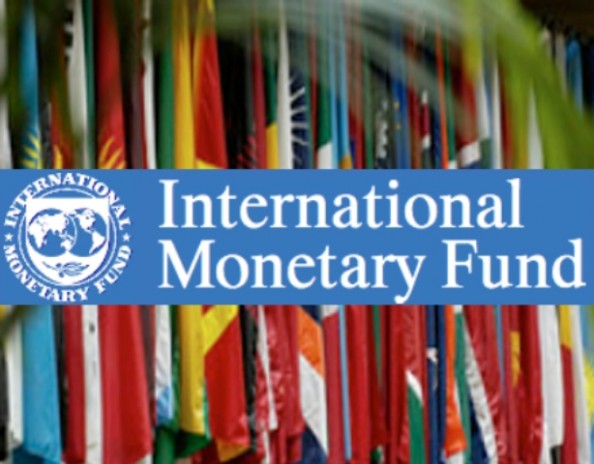
JOHANNESBURG — Reducing growth in the wage bill will help the state to stabilise rising debt, the International Monetary Fund (IMF) says as the government gears up for wage negotiations with public servants.
Debt levels have been rising while the budget deficit — the difference between revenue and spending — has stayed large, leaving the government with more to do with less.
Debt and budget deficits will feature strongly among the factors Fitch and Standard&Poor’s (S&P) are set to mention in their reviews of SA’s sovereign credit ratings to be announced Friday.
S&P is not expected to change its BBB-rating, which has a stable outlook, but Fitch, which has a negative outlook on its BBB rating, may downgrade.
Mission chief to SA Laura Papi said the IMF welcomed the government’s commitment to limit spending and reduce growth in the wage bill.
“This is encouraging because when we look at comparisons . . . SA’s wage bill is fairly elevated, so this is an area where there is need for attention,” Papi said. IMF executive board members were in the country recently to consult policy makers.
Addressing electricity supply constraints and reaching wage agreements faster will help to lift economic growth, the IMF said. The fund has revised downwards SA’s economic growth outlook for next year to 2,1% from 2,3% in October.
The upcoming wage negotiations promise to be an uphill battle given that some unions say they want 15% increases, and the government has budgeted for inflation plus one.
- Chamisa under fire over US$120K donation
- Mavhunga puts DeMbare into Chibuku quarterfinals
- Pension funds bet on Cabora Bassa oilfields
- Councils defy govt fire tender directive
Keep Reading
The IMF revised economic growth potential to 2% to 2,5% from more than 3,5% previously. It urged the government to continue with those reforms it had started implementing such as addressing infrastructure bottlenecks in energy and transport and improving competition, education and training.
Renaissance Capital economist Thabi Leoka said although most of the structural challenges would take time to overcome, SA could improve its economic growth, particularly next year, by avoiding strikes.
The IMF praised the Reserve Bank for a “finely balanced” monetary policy stance.
— BD Live










